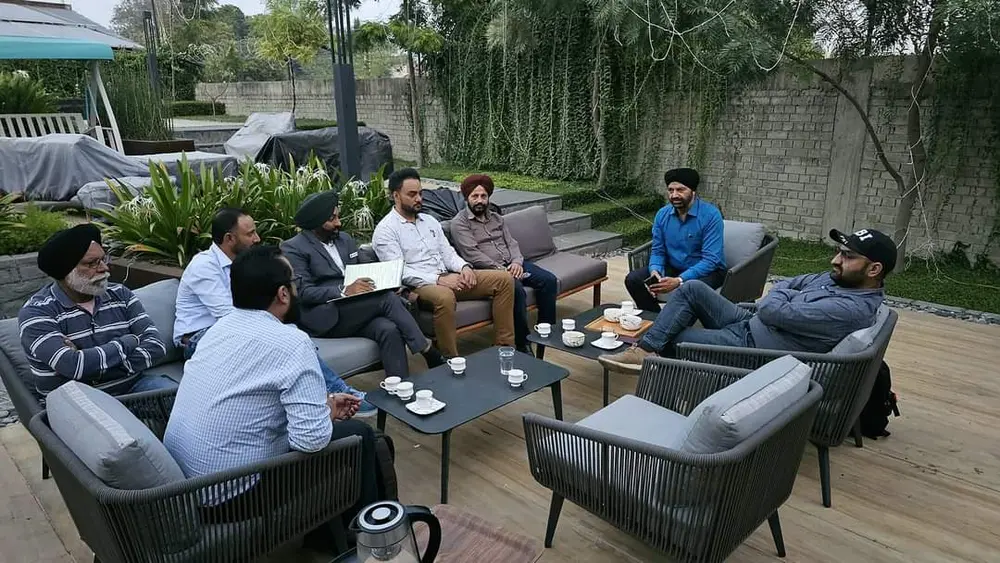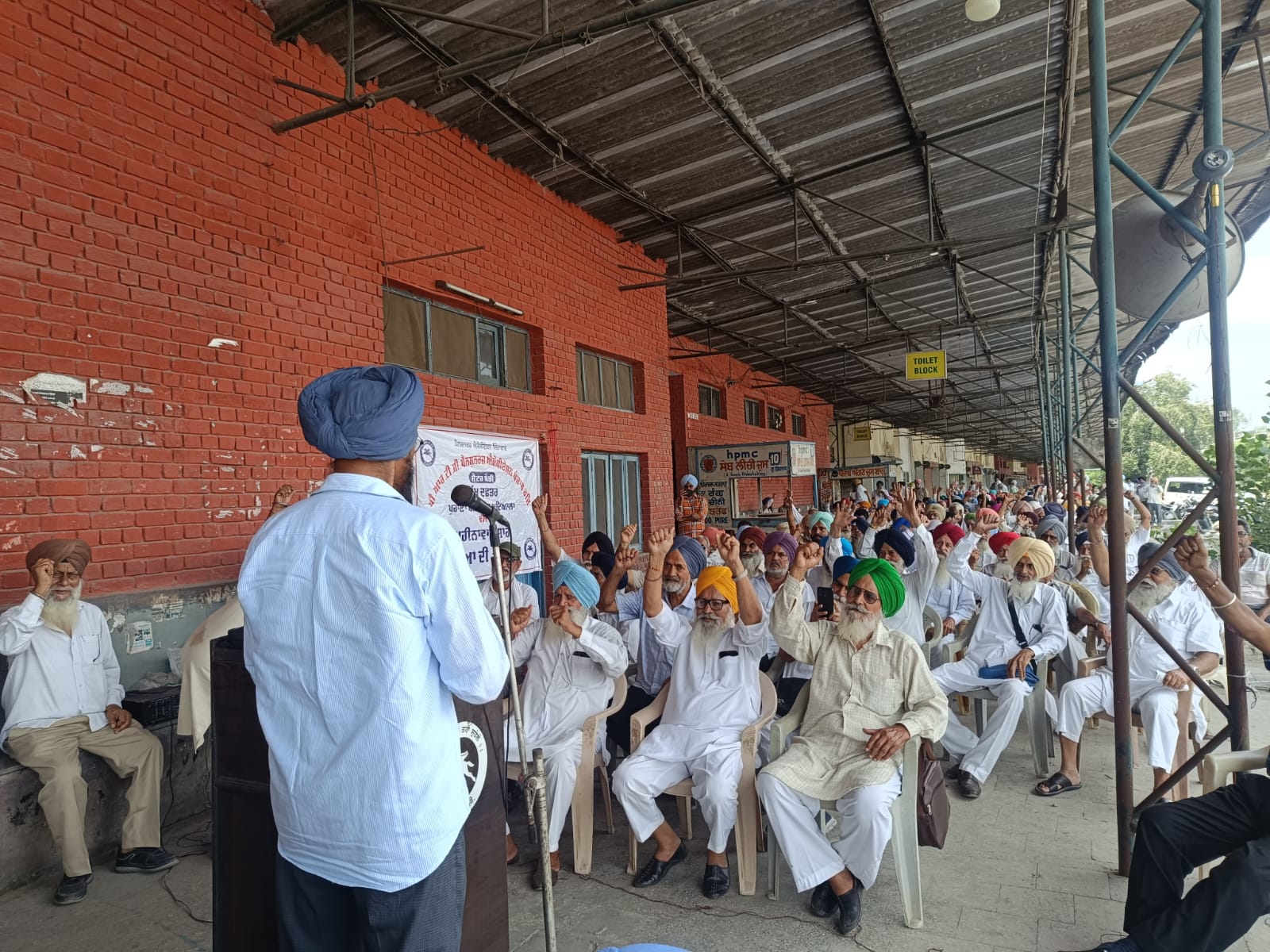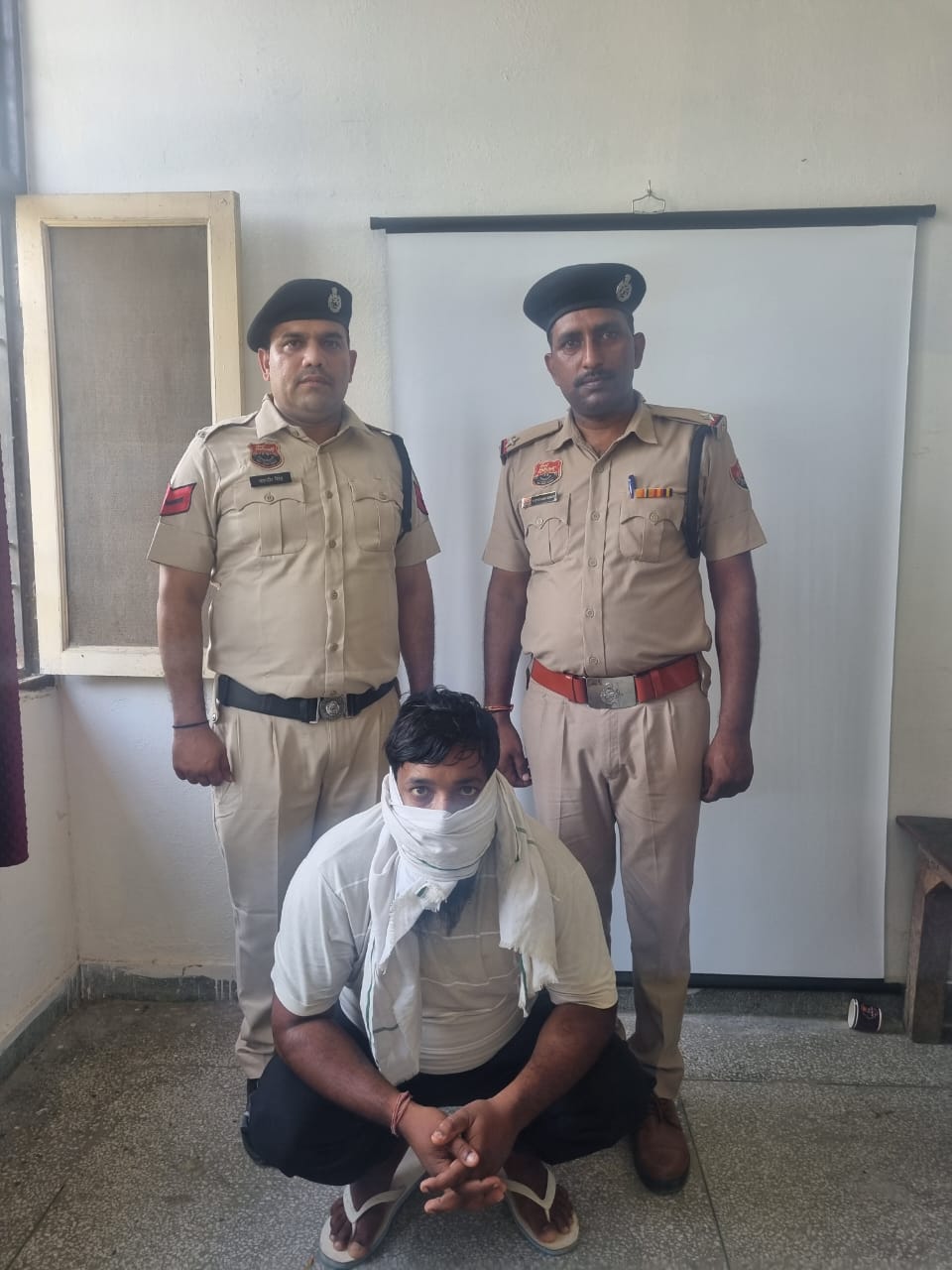
A demand letter will be sent by the city residents to the Chief Minister through the Deputy Commissioner regarding the Old Kachihri Park matter.
A demand letter will be sent by the city residents to the Chief Minister through the Deputy Commissioner regarding the Old Kachihri Park matter.
City residents will take out march tomorrow
Garhsankar October 31 - In this regard, the Fit Biker Club, which is demanding to build a park on the vacant site of the old courthouses and preserve the more than 100 years old buildings as heritage, on Thursday evening from the gate of the old courthouse, Deputy Commissioner A walk will be taken to the residence of and finally the memorandum will be handed over to Deputy Commissioner Komal Mittal which was signed by thousands of city residents on October 23. It was given after the meeting held by Paramjit Singh Sachdeva with the club members. Paramjit Sachdeva said that a large number of club members and city residents will gather at Kachihari Chowk on Thursday evening at 5 o'clock from where a march will be taken out at 5.30 o'clock to the Deputy Commissioner's residence. Bhagwant Singh will be taken to Maan so that he can be made aware of the thoughts of the people of Hoshiarpur. At this time, Paramjit Sachdeva said that the health care of the city dwellers is the first and therefore there is a great need for a park where people can walk in the morning and evening and avoid the accidents that have been happening due to walking on the roadside. On this occasion, Uttam Singh Sabi, Munir Najar, Tarlochan Singh, Gurmail Singh, Saurav Sharma etc. were also present.














